Chain conveyors are continuous and suited for the conveyance of bulk products of all kinds up to small-sized products and sludges. The drive and drive sprockets and sprocket bearings with double-row spherical ball bearings for adjusting and tensioning the transport chain are all parts of the conveyor’s basis. The frame for the conveyor is composed of aluminum grooved section item elements. Read More…
At Conveyor Handling, our primary strength is in the design and implementation of turnkey conveyor systems. We have a wide variety of products in this category including gravity conveyors, incline/decline belts, DC motor driven live rollers, drag chains, wire mesh belts, portable conveyors, vertical conveyors and a whole lot more. For any level of assistance or help, please contact us today.

We are Nercon Engineering & Manufacturing, a dynamic and innovative company that has been at the forefront of the conveyor systems industry for over three decades. Established with a commitment to excellence, we have continuously evolved to meet the ever-changing needs of our customers, delivering cutting-edge conveyor solutions that drive efficiency and productivity across various industries. We ...
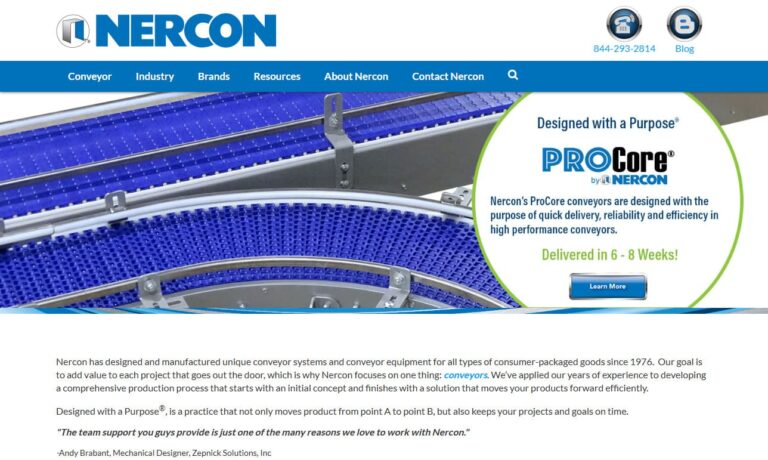
At Pack Air Inc., we specialize in designing and manufacturing innovative conveyor systems tailored to meet diverse production needs across multiple industries. With decades of experience, our team creates reliable, efficient conveyors built for precision, speed, and durability. We provide customized solutions, including advanced product handling and specialized automation integrations, ensuring...

At Garvey Corporation, we are dedicated to engineering and delivering innovative conveyor solutions that drive efficiency and productivity for our clients. Our expertise lies in designing and manufacturing advanced conveyor systems tailored to meet the unique challenges of diverse industries. With a focus on precision, reliability, and adaptability, we develop systems that seamlessly integrate...
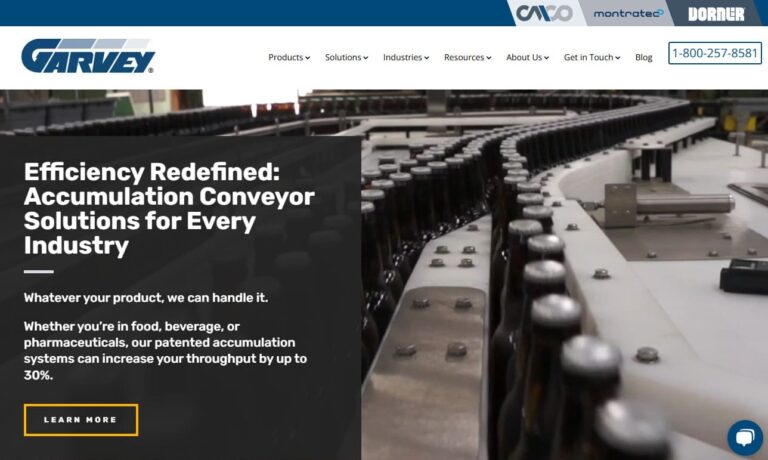
At Arrow Conveyor Equipment, Inc., we are committed to delivering high-quality conveyor systems tailored to meet the unique needs of our clients. We have established ourselves as a trusted partner, devoted to providing quality, efficiency, and unwavering customer satisfaction. Our comprehensive range of products, services, and capabilities reflects our commitment to enhancing material handling...

Vecoplan leads the charge with cutting-edge technologies that revolutionize waste and recycling. From versatile shredders and granulators to efficient conveying and sorting systems, Vecoplan offers a wide array of solutions for handling wood, paper, plastics, textiles, and more. Our tailored equipment sets new industry standards, meeting the demands of even the most challenging applications.
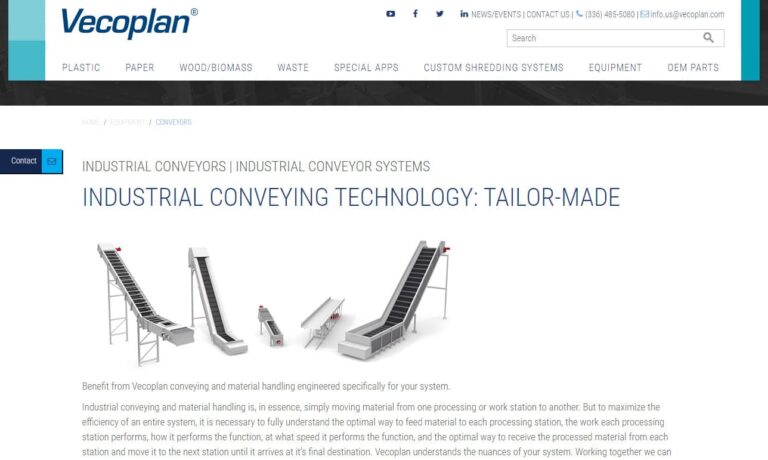
More Chain Conveyor Manufacturers
Chain conveyors may carry very wide or very long materials and are principally distinguished by a great performance. The advantages are its excellent temperature resistance (up to 800°C), the low conveying velocities, particularly in the case of abrasive bulk material, and the robust and dustproof design. Chain conveyor technology is used in many industrial sectors for production processes. For instance, chain conveyor systems are used in the automotive industry to move automobile parts through paint factories.
The white- and brown goods, metal-finishing, and distribution sectors employ chain conveyors extensively. The painting and coating business also uses chain conveyors, making painting simpler. In addition, higher productivity is made possible by keeping the products off the floor and attaching them to an above-head chain conveyor.

Working Principle of Chain Conveyors
An infinite chain is used in conveyors to transmit power and push material through a trough, either directly or by attaching it to the chain. At either end of the trough, sprockets are crossed by the chain. The maximum length of a chain conveyor is 90 meters (300 feet), most of which are under 30 meters (98 ft).
Chain conveyors transport many single pendants along a motorized continuous chain configuration. A motor moves the material suspended on pendants along the chain arrangement, and products are moved along an assembly line and or around a production or storage facility.
Types of Chain Conveyors
Drag Conveyors
Drag conveyors are used in bulk material handling to move solid material over a trough. They are also known as drag chain conveyors, scraper chain conveyors, and en-masse conveyors. They are employed in the mining and chemical industries, in municipal solid waste incinerators, and in manufacturing pellet fuel to move materials like cement clinker, ash, and sawdust.
Whether the chain links have evident flights or paddles attached determines how drag conveyors, scraper conveyors, and flight conveyors differ. A flight conveyor uses a succession of wood, metal, or plastic flights attached to the chain at regular intervals to push the material along the trough, as opposed to a drag conveyor, which pushes the material straight along the chain.

Apron Conveyors
A continuous carrying surface that creates a leakproof bed appropriate for bulk goods without containers is provided by apron conveyors, which are endless chains with coupled overlapping and interlocking plates.

Plain Chain Conveyors
These do not have any attached auxiliary members and carry loads directly on the chain links. The chains move along rails, and their top surfaces protrude enough above the tracks to accommodate a variety of flat objects. These chains are frequently used to transport goods like boxes and cases.
Types of Conveyor Chains
Conveyor chains come in a wide variety of varieties. Examples comprise:
Hollow-Bearing Pin Chains
Attachments can be bolted to a chain's external links and hollow bearing pins. However, bolted attachments should not span the internal link to guarantee the conveyor chain's freedom of articulation.

Deep-Link Chains
Deep side plates on deep-link chains enable continuous carrying above the roller's edge. Conical-shaped bearing pins can be solid or hollow.

Solid Bearing-Pin Conveyor Chains
The pitch, interior width, and roller diameter of the solid bearing-pin chain are identical to those of the hollow bearing-pin chain. However, the solid-pin chain is made for more demanding conditions.

Chain Conveyor Applications
Coal mining, food processing, sewage treatment, and timber harvesting are examples of applications. Other applications for conveyor chains include sorting, handling, and material conveyors, as well as agricultural, bakery, harvesting, and textile machinery.
Heavy unit loads like pallets, grid boxes, and industrial containers are typically transported using chain conveyors. These conveyors can be set up with a single chain strand or two. When a load is placed on chains, friction causes the load to move forward. In general, chain conveyors require relatively little user maintenance and are simple to build.
Advantages of Chain Conveyors
- Due to the space between individual branches and the large load capacity, it is possible to transport goods that are very wide or very long up to the level of the upper conveyor branch.
- Conveyors are quickly assembled and delivered; the regular version takes up to 14 days to arrive.
- Conveyors are "made-to-measure" or produced under customer specifications.
- An optional number of branches depending on the type of material being transported, the ability to replace individual chain links rather than the entire chain, and the ability to perform special technological or manufacturing operations directly on the conveyor (for example, blowing, degreasing, and draining the oil into the tub underneath the conveyor) are all advantages of chain conveyors.
- The conveyor's skeleton comprises modular system profiles that may be easily connected to other profiles or technologies, giving the conveyor the potential for future modification.
Disadvantages of Chain Conveyors
- 30% of the total power is consumed at no load, which is significant.
- It is not appropriate for long-distance travel.
- Accidents involving chains falling and jumping are frequent.
- It uses a lot of steel—high price.
Choosing the Right Chain Conveyors Manufacturer
To make sure you have the most positive outcome when purchasing Chain Conveyors from a Chain Conveyors Supplier, it is important to compare at least 5 Companies using our Chain Conveyors directory. Each Chain Conveyor Manufacturer has a business profile page that highlights their areas of experience and capabilities and a contact form to directly communicate with the manufacturer for more information or request a quote. Review each Chain Conveyors company website using our patented website previewer to get an idea of what each company specializes in, and then use our simple RFQ form to contact multiple Chain Conveyors businesses with the same quote.


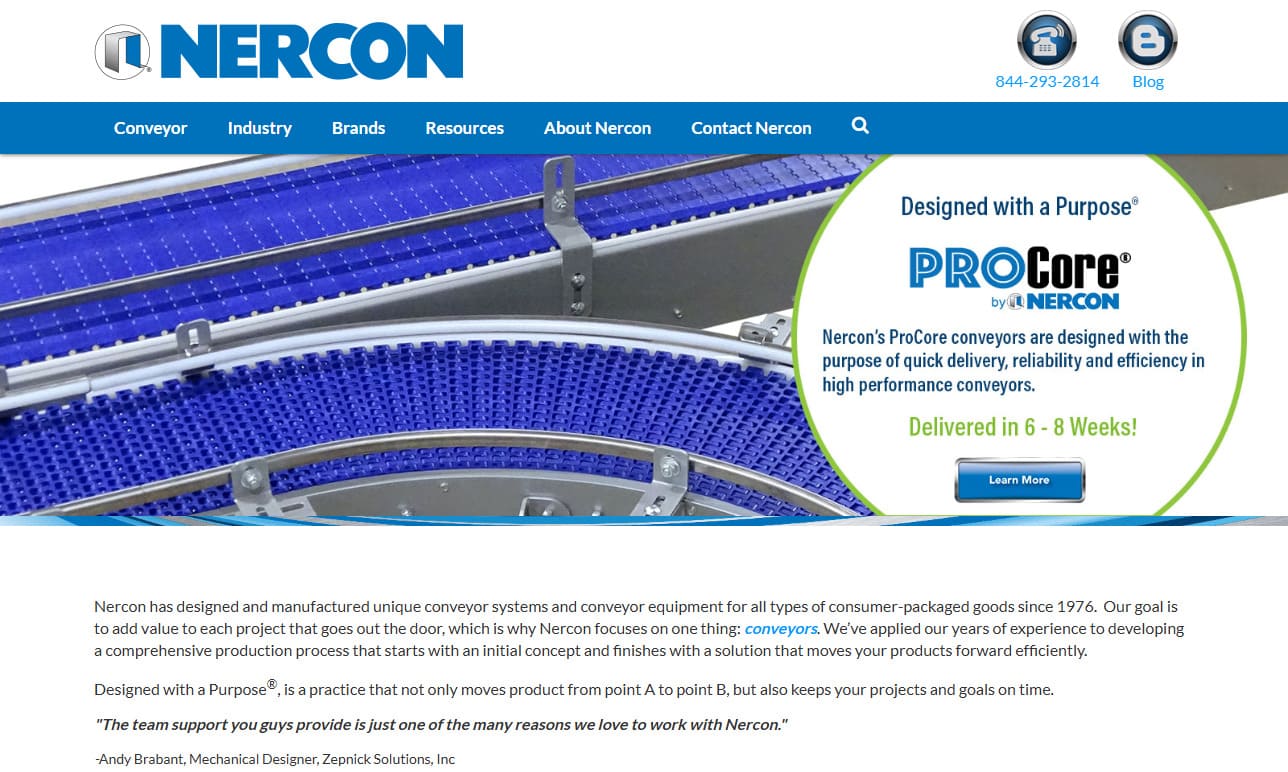

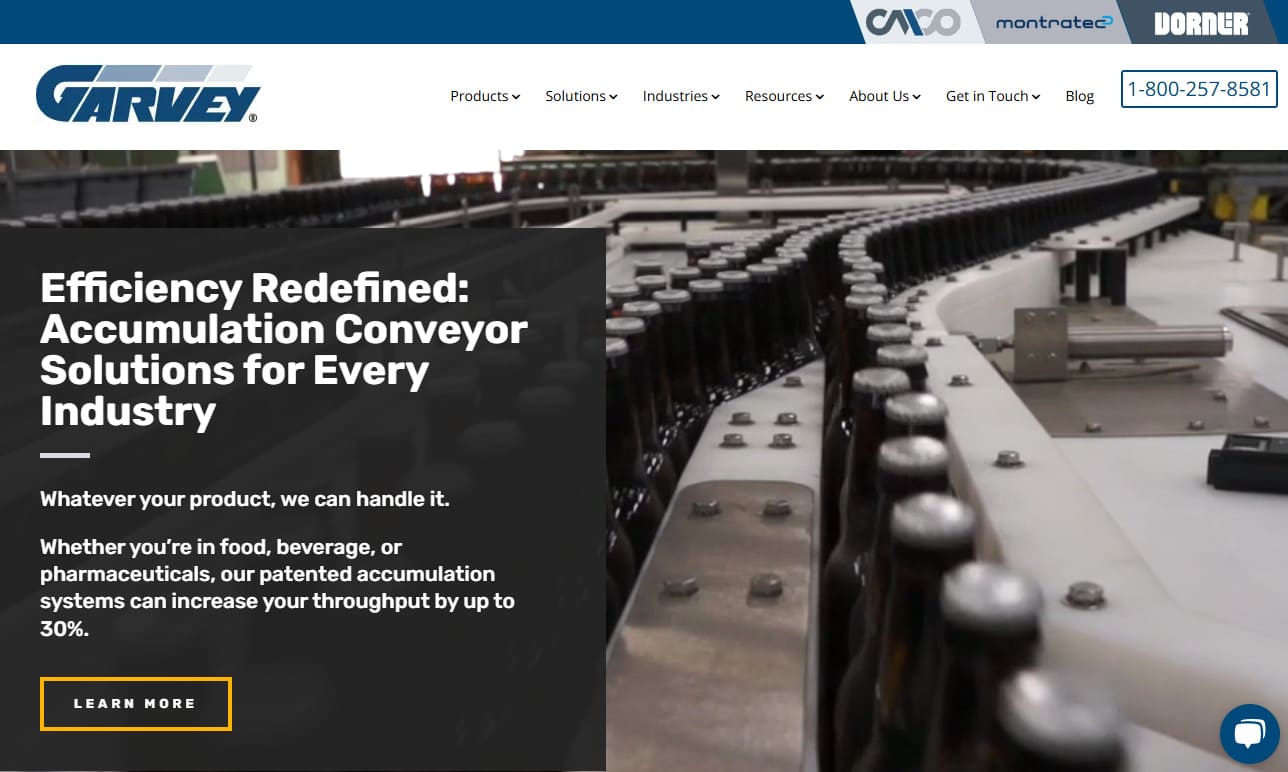


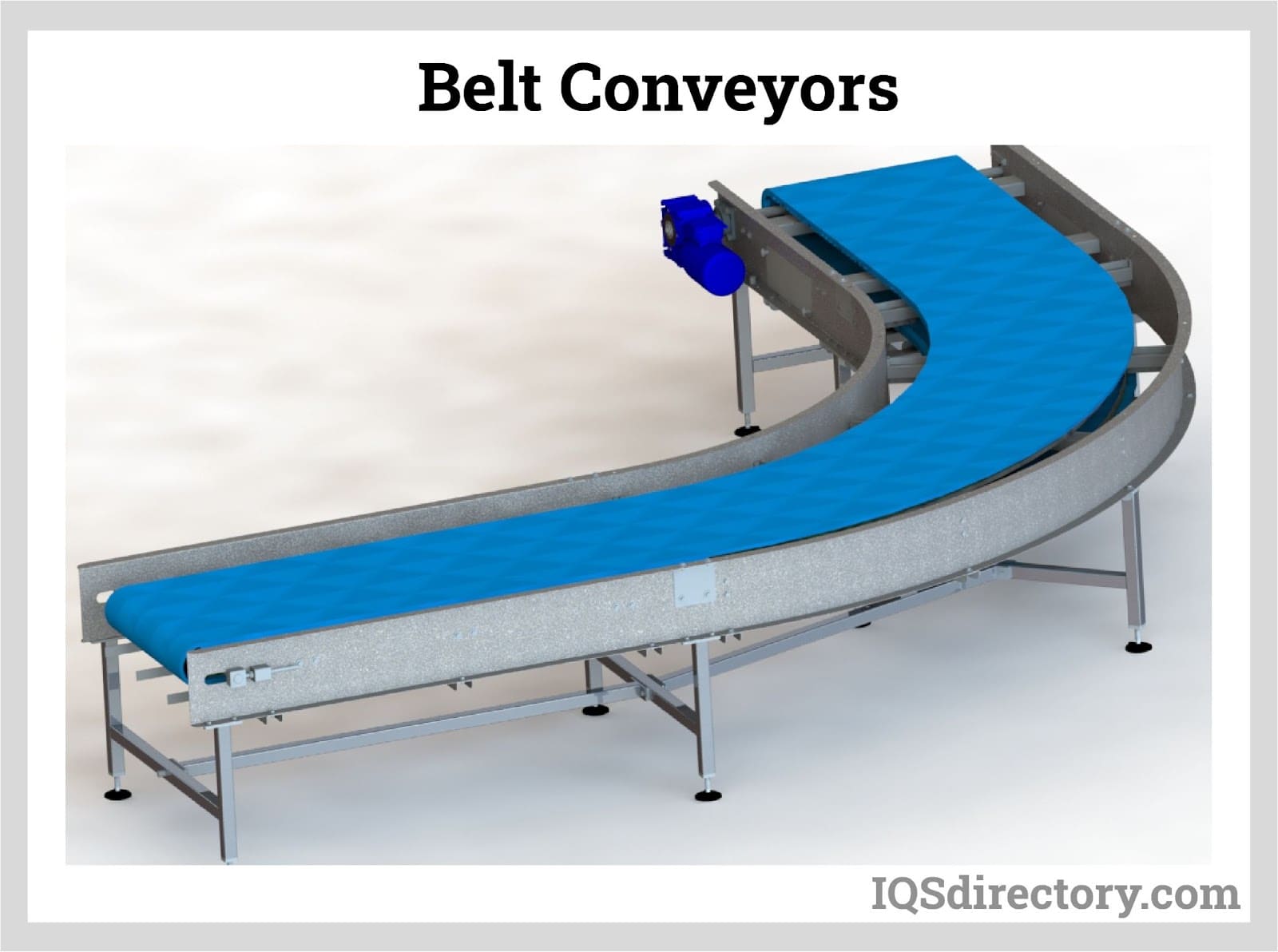
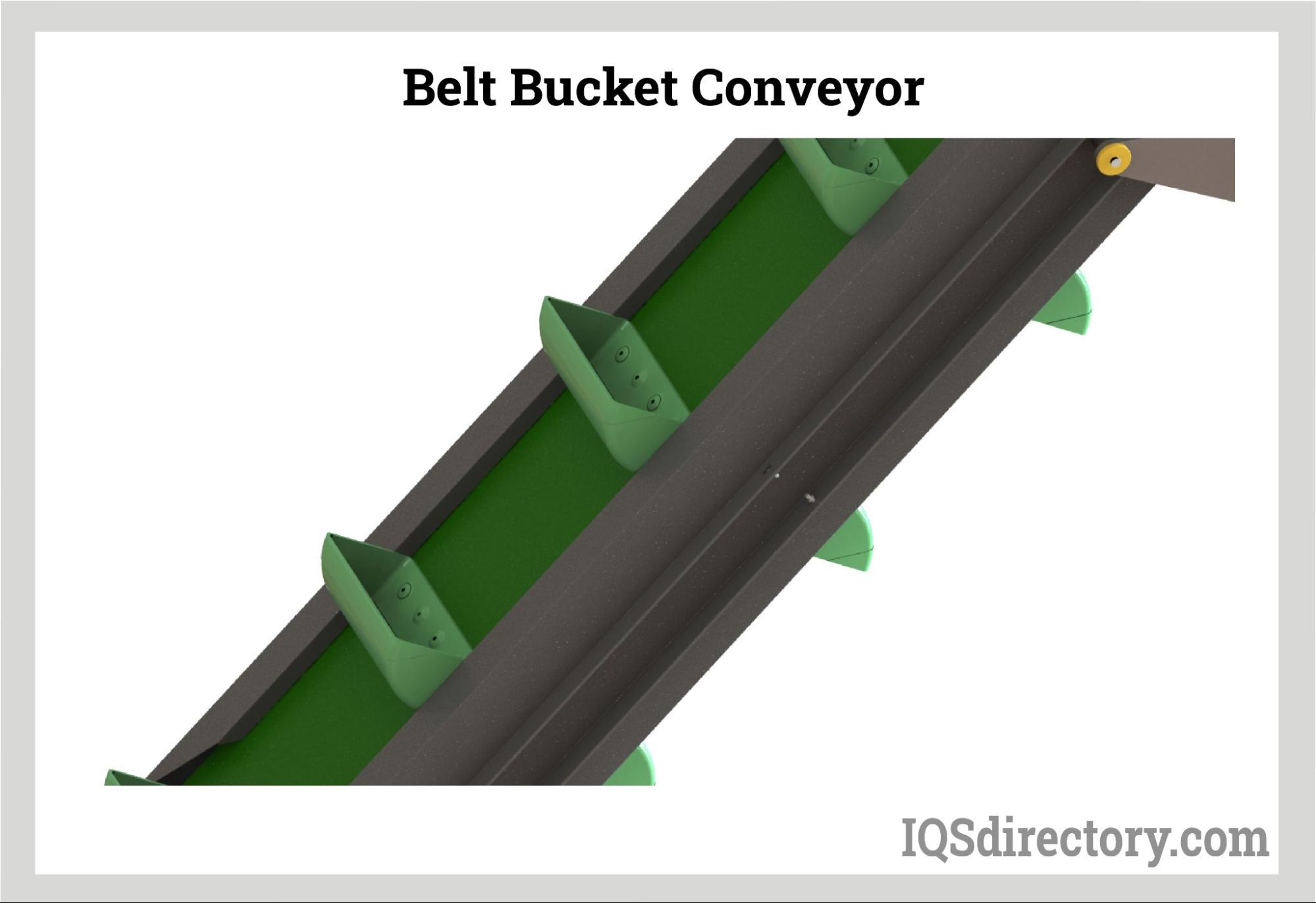
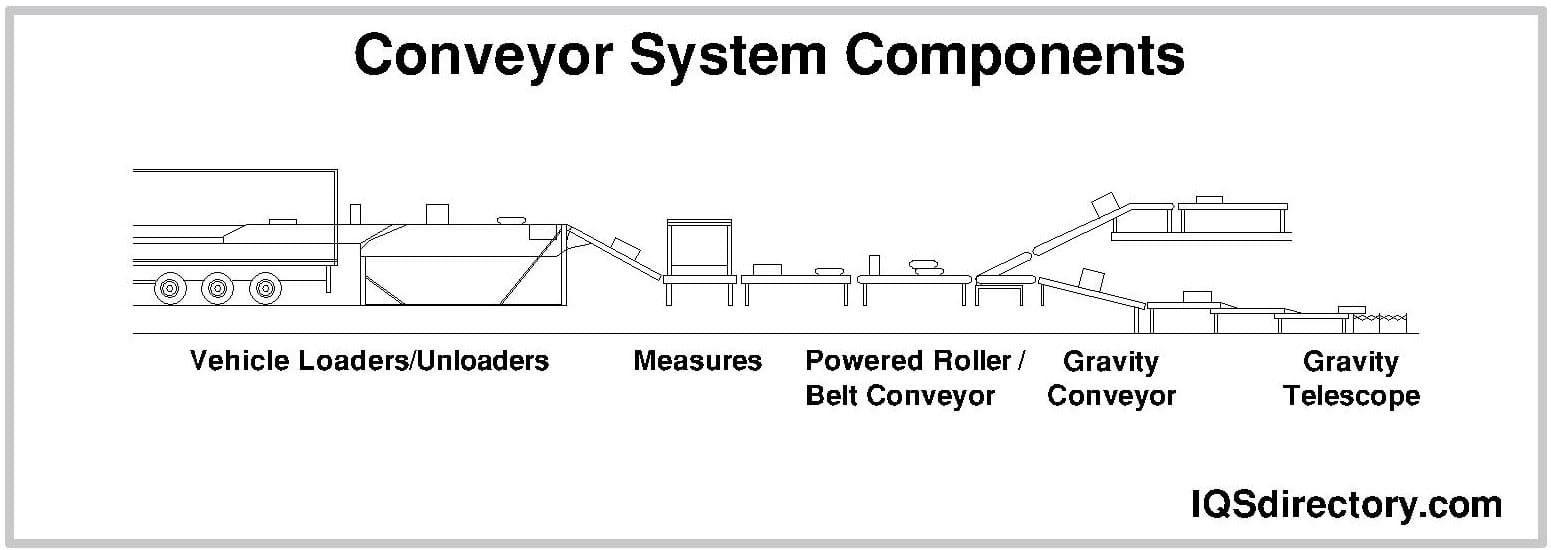
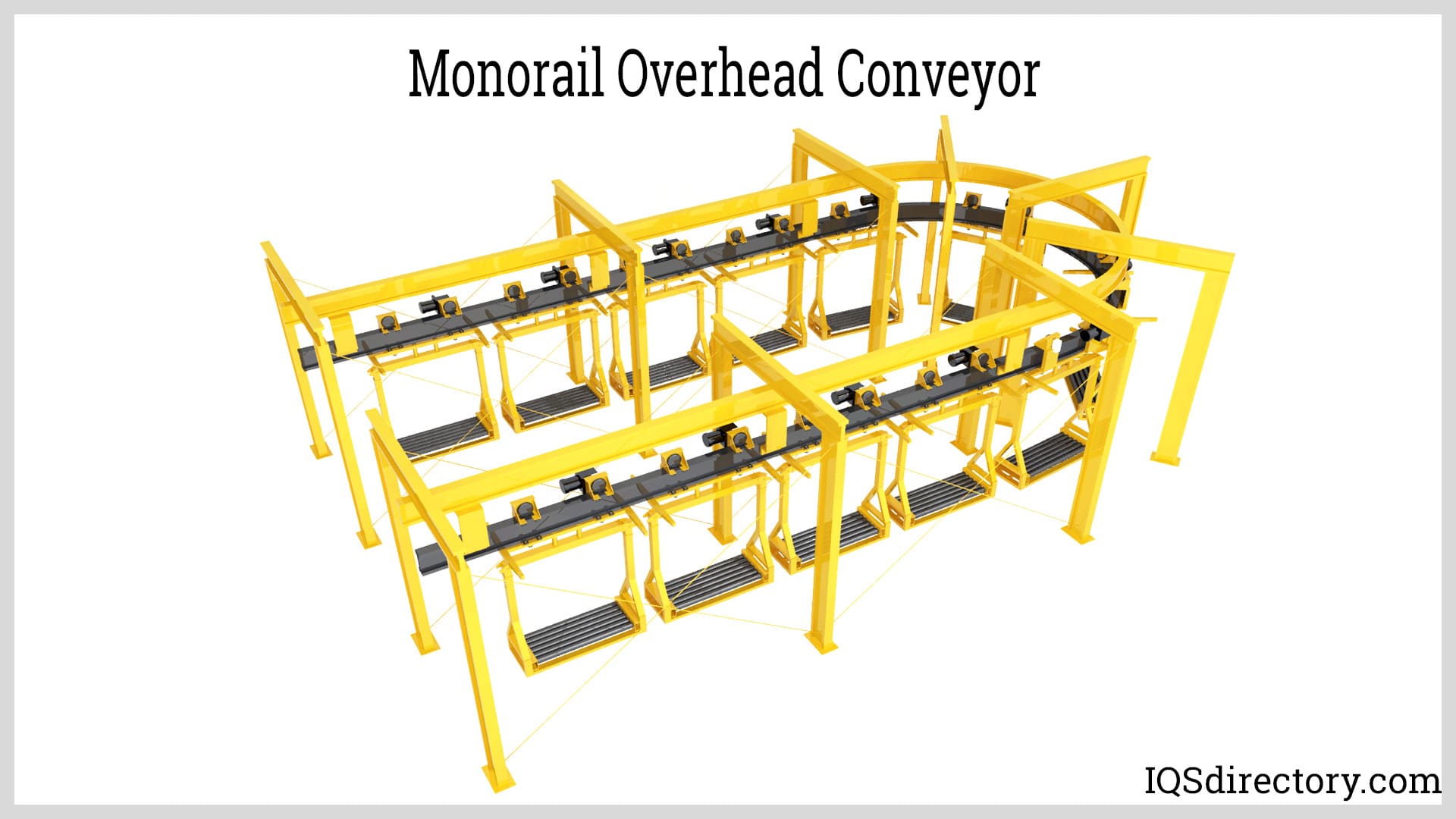
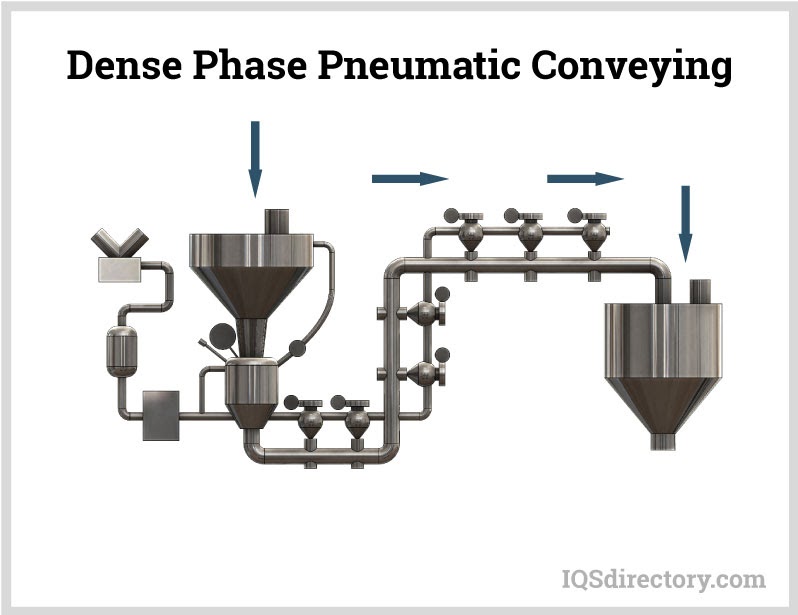
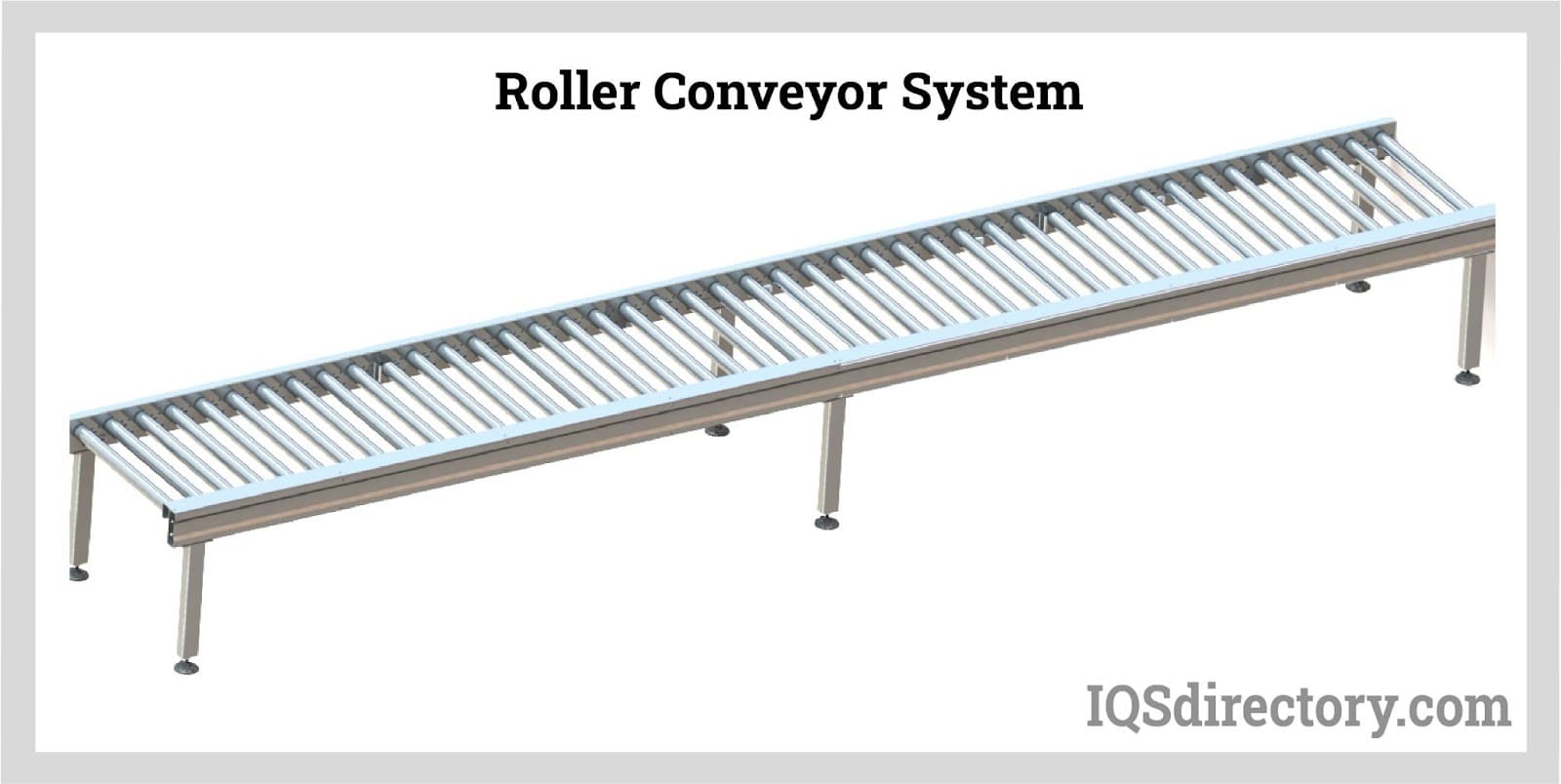
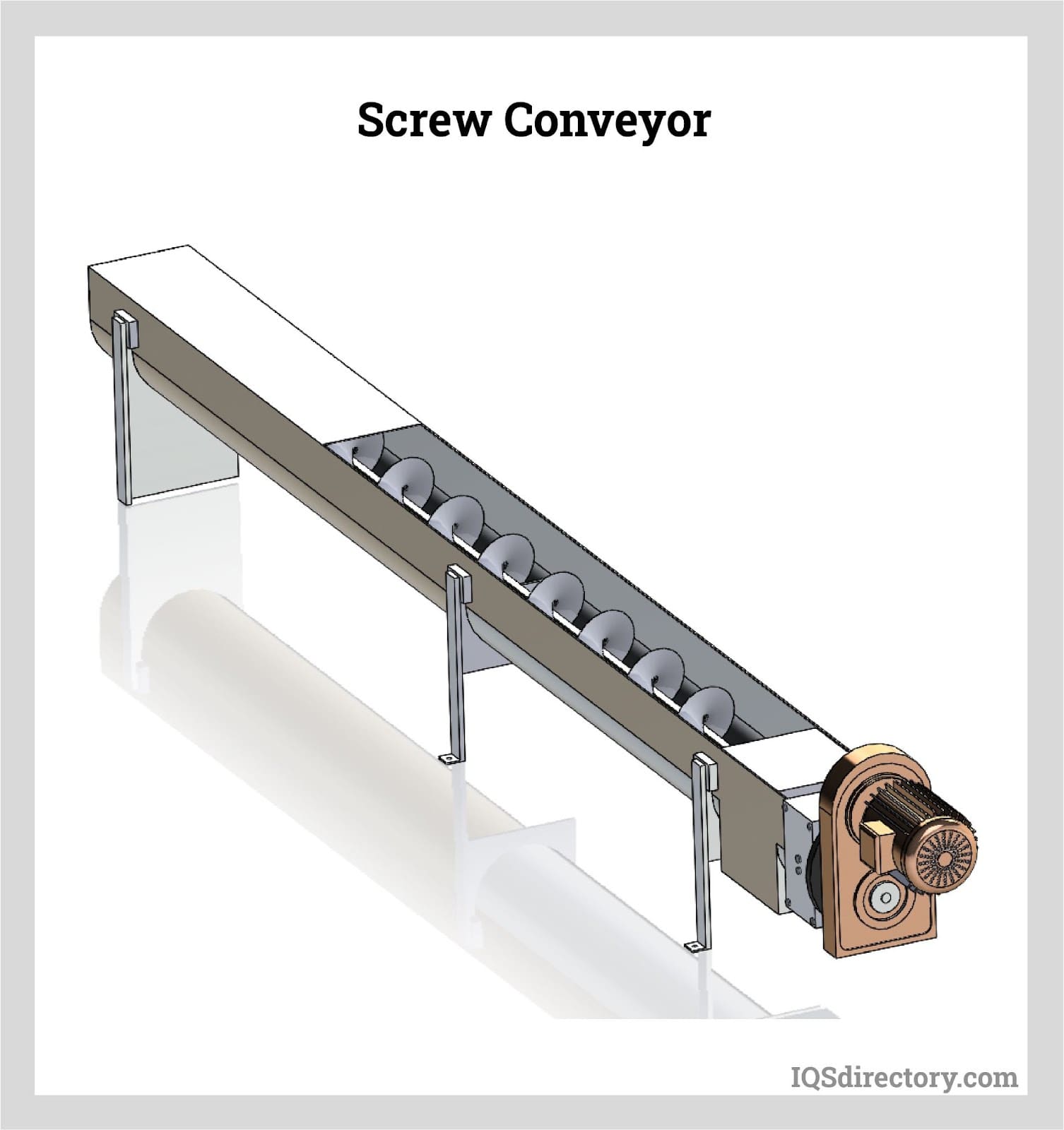
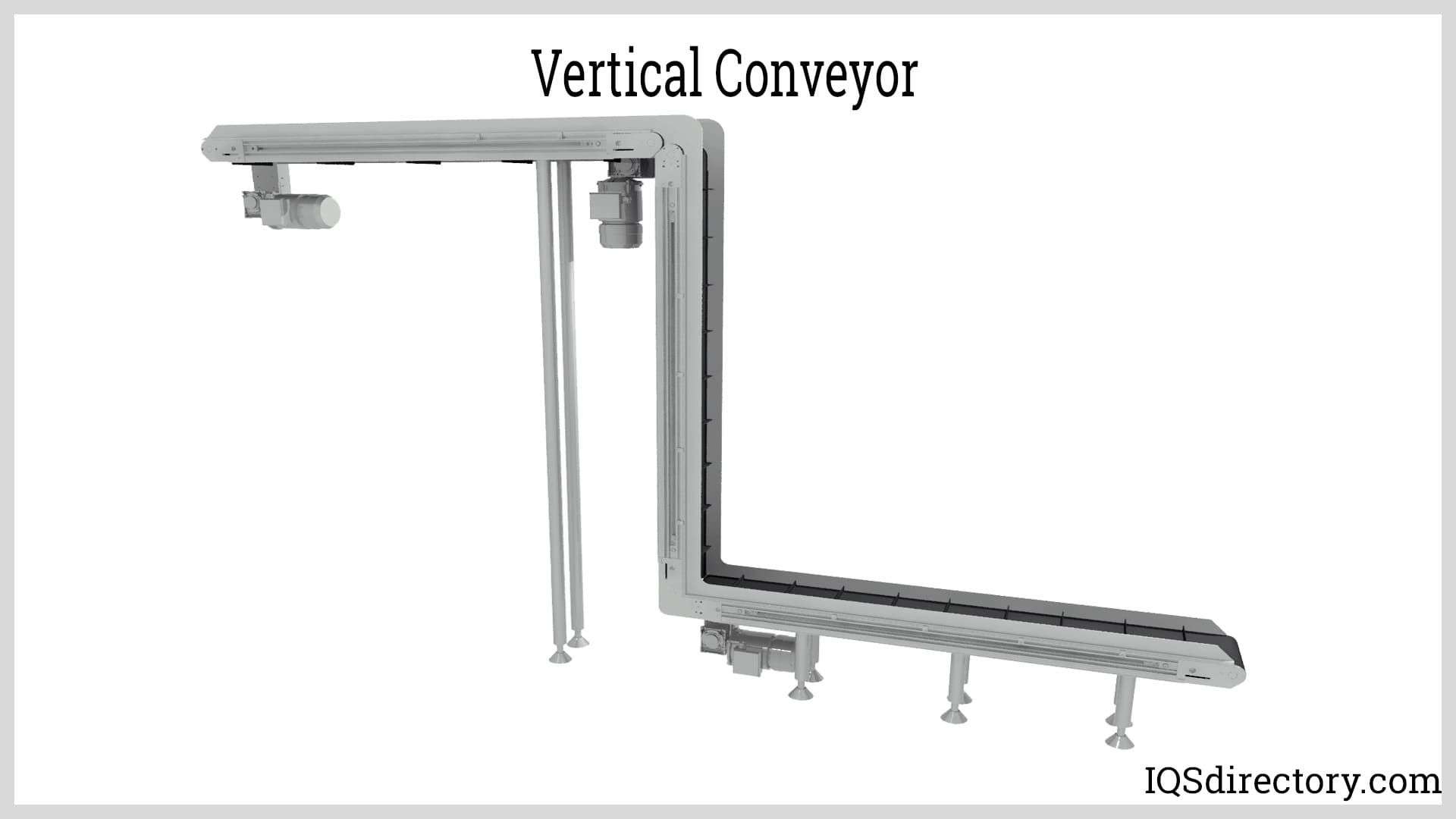
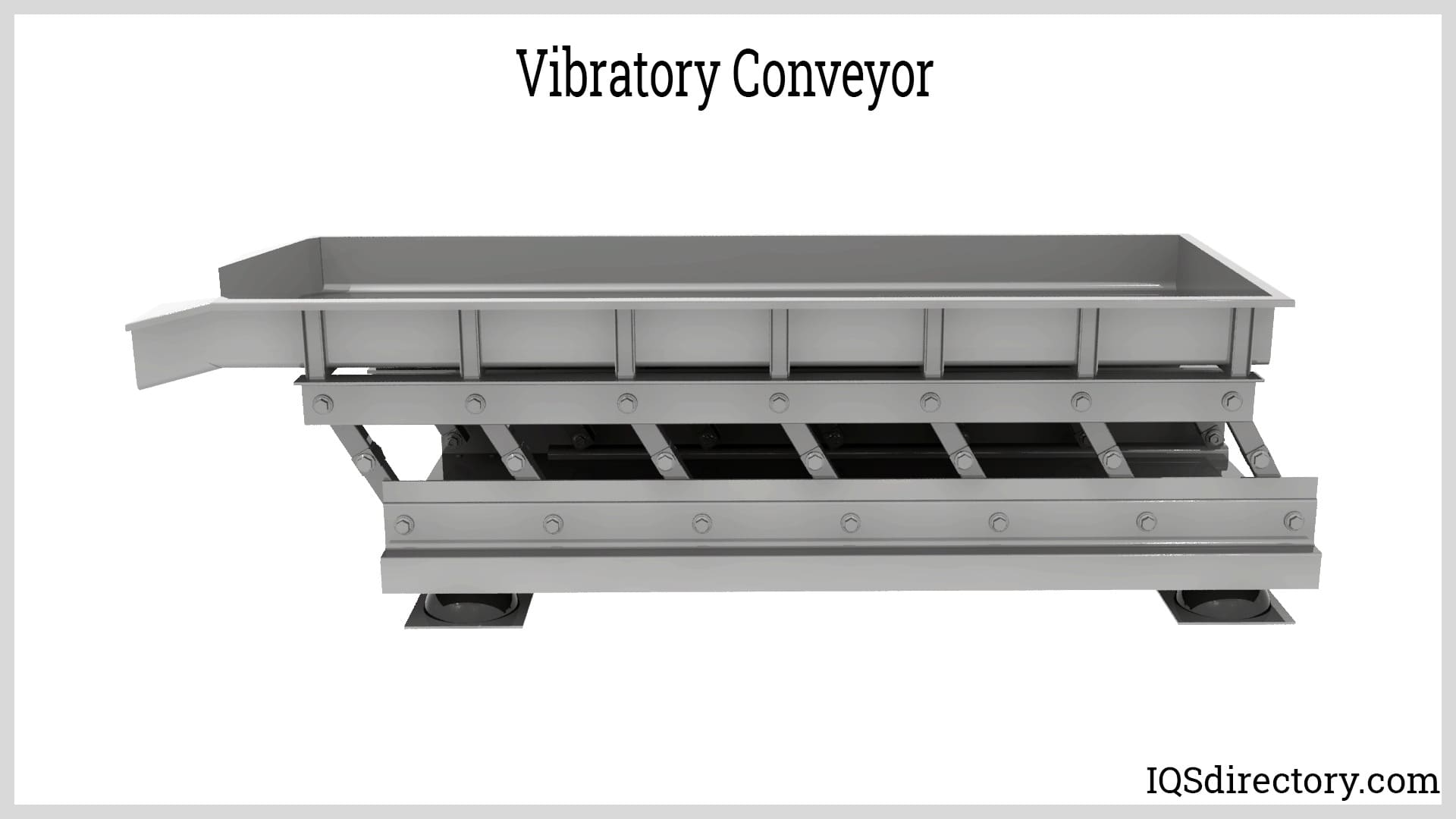
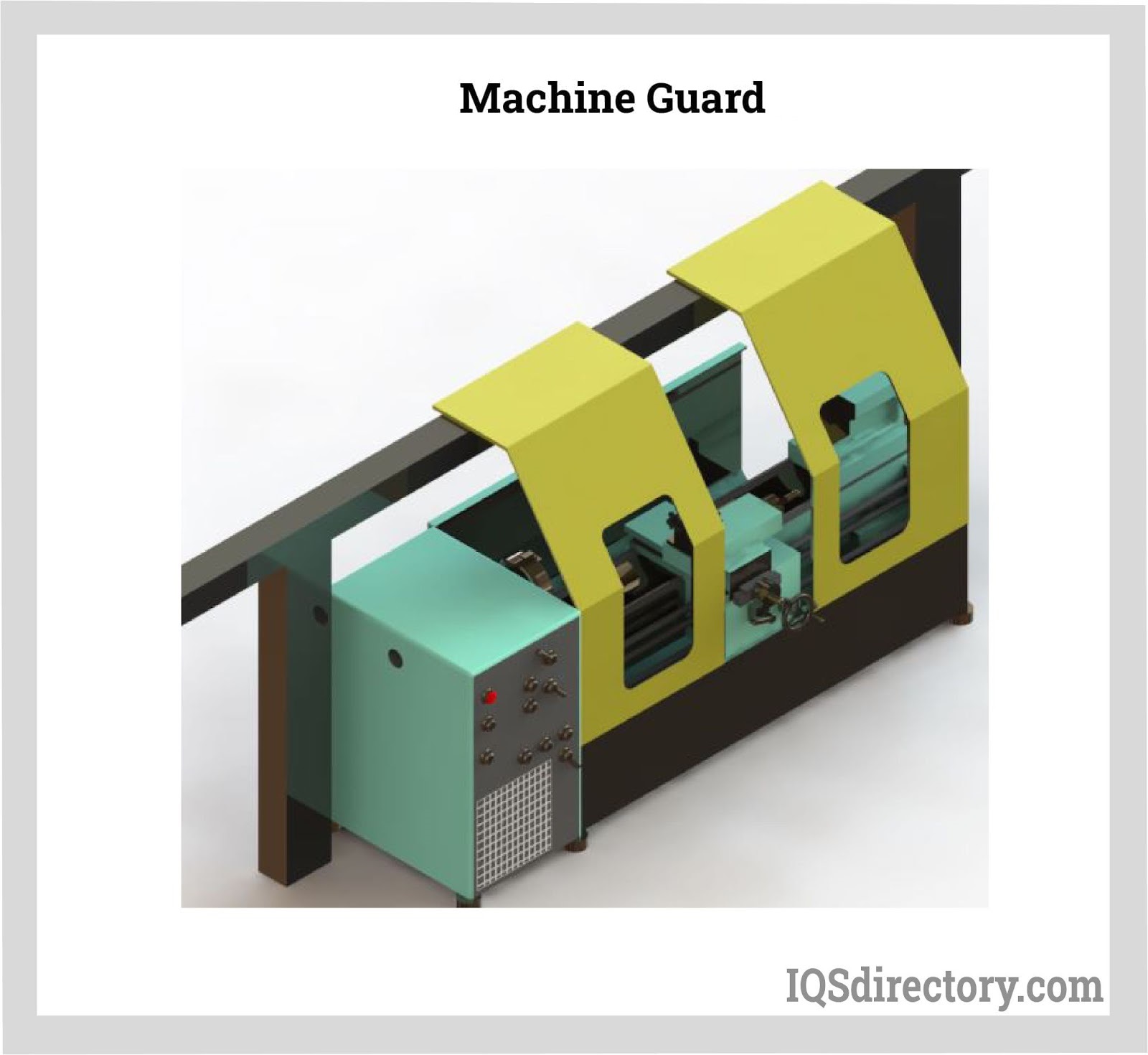
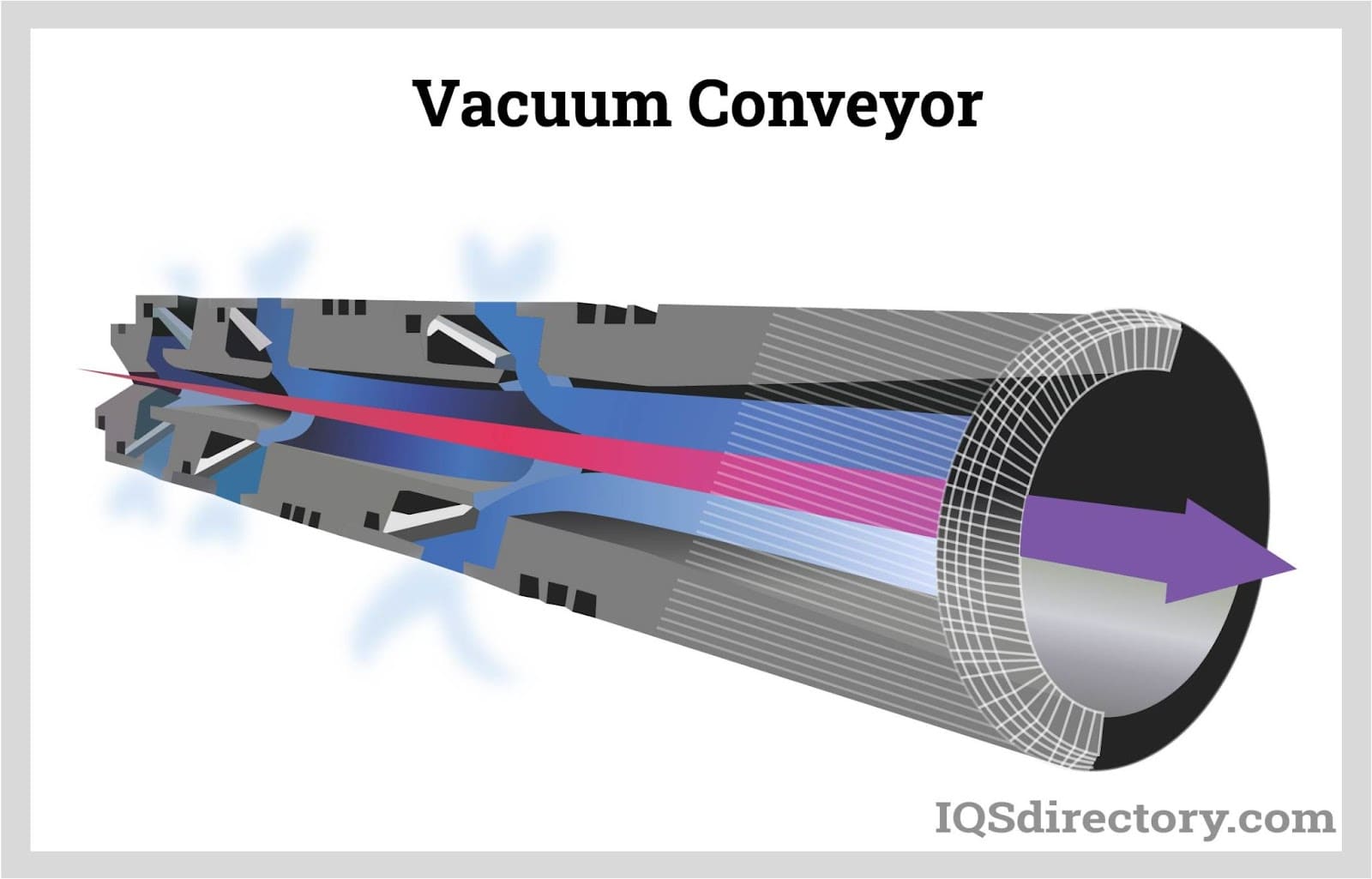
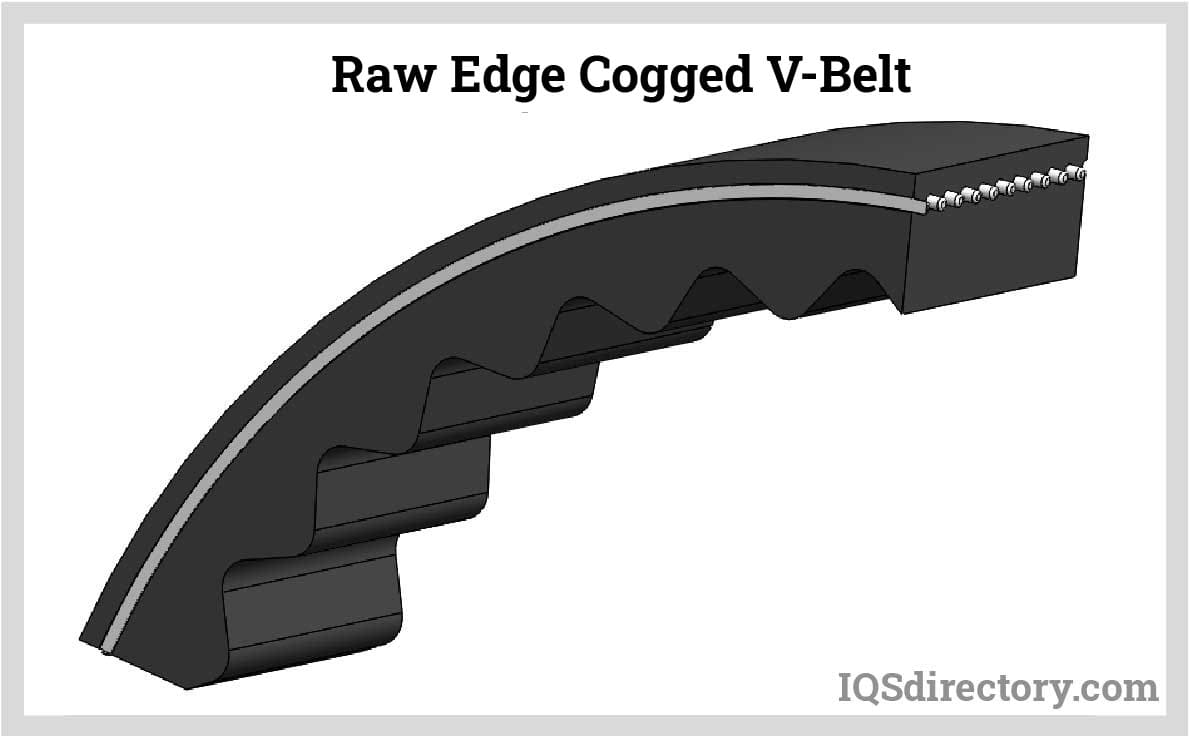
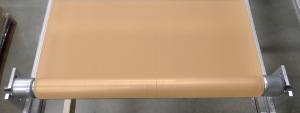 Conveyor Belting
Conveyor Belting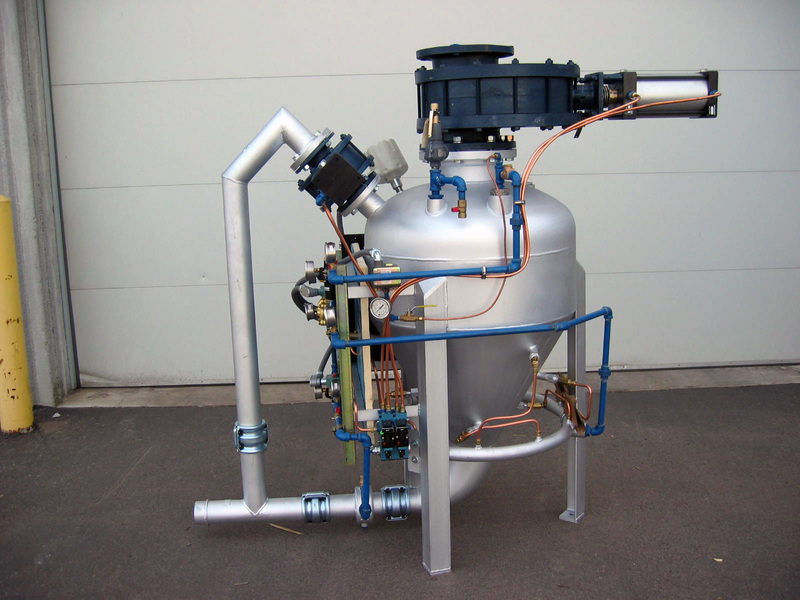 Conveyor Systems
Conveyor Systems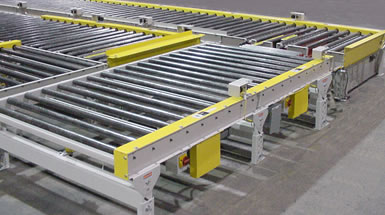 Conveyors
Conveyors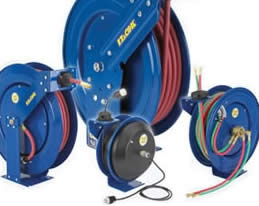 Hosereels
Hosereels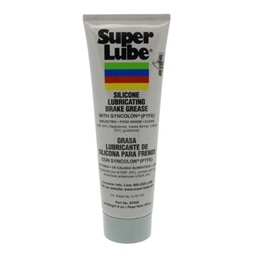 Industrial Lubricants
Industrial Lubricants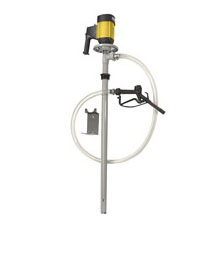 Lubricators
Lubricators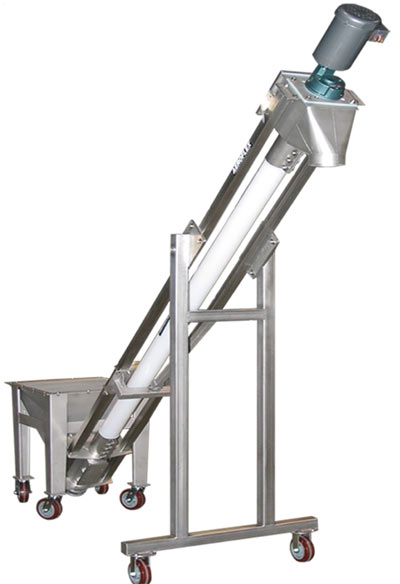 Screw Conveyors
Screw Conveyors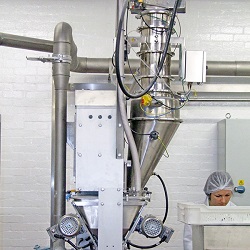 Pneumatic Conveyors
Pneumatic Conveyors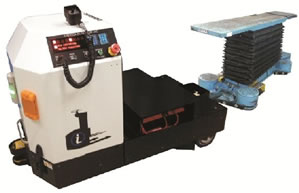 AGV
AGV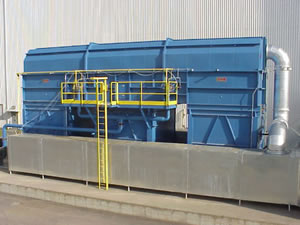 Air Pollution Control
Air Pollution Control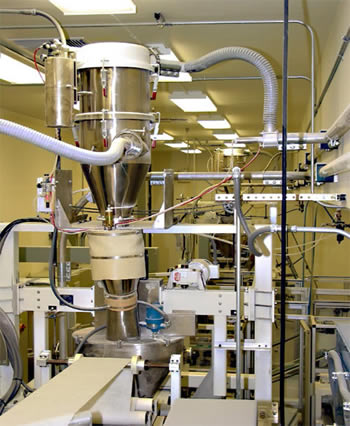 Assembly Machinery
Assembly Machinery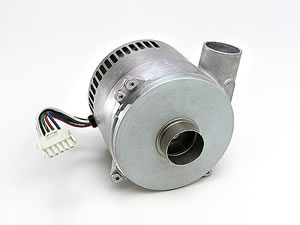 Blowers
Blowers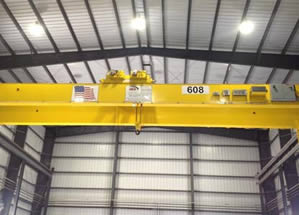 Cranes
Cranes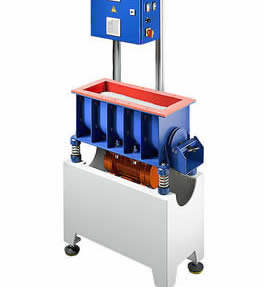 Deburring Machinery
Deburring Machinery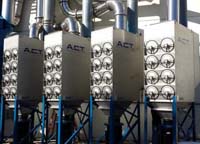 Dust Collectors
Dust Collectors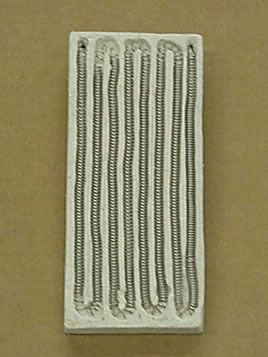 Heaters
Heaters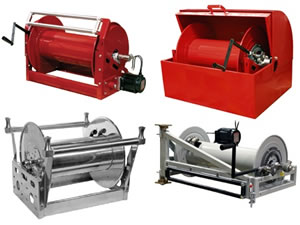 Hose Reels
Hose Reels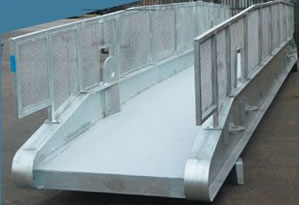 Mezzanines
Mezzanines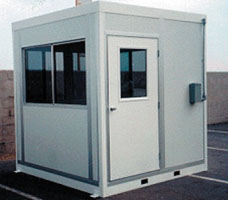 Modular Buildings
Modular Buildings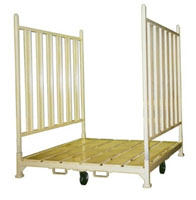 Storage Racks
Storage Racks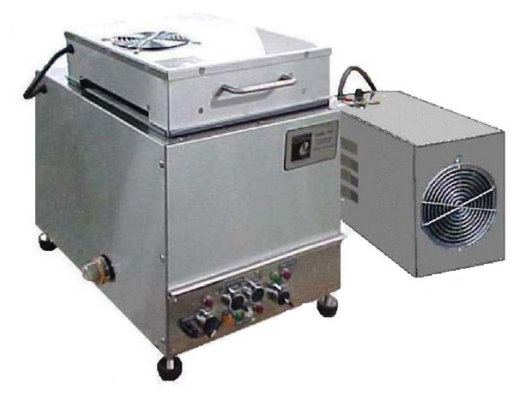 Ultrasonic Cleaners
Ultrasonic Cleaners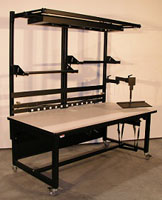 Work Benches
Work Benches